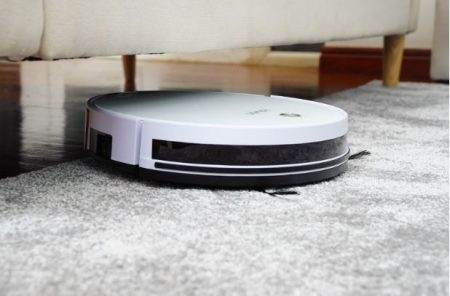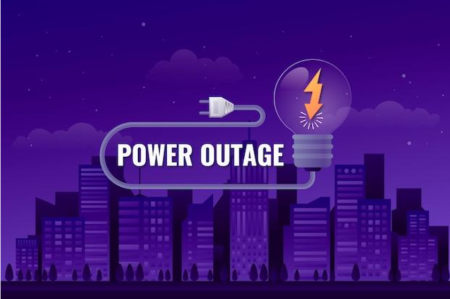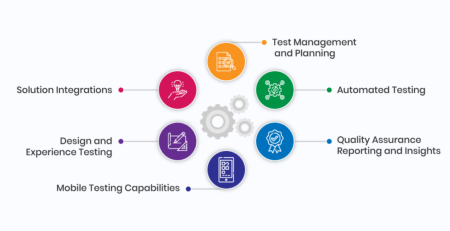Choosing the right air conditioner is crucial to ensuring a comfortable working environment. With various types of ACs and a range of sizes available, choosing the best fit for your space can be difficult. This article talks about the essential factors to consider, helping you make an informed decision.
Understanding Your Cooling Needs
Evaluating Your Space
The first step in selecting an air conditioning near me is to evaluate the size and characteristics of the area you need to cool. Measure the room’s length and width to calculate its square footage. Consider the number of windows, the room’s orientation to the sun, and the quality of insulation, as these factors influence the cooling load.
Calculating BTU Requirements
British Thermal Units (BTUs) measure an air conditioner’s cooling capacity. To determine the right BTU for your space, multiply the room’s square footage by 20. For instance, a 300-square-foot room requires a 6,000 BTU unit. Adjustments are necessary for high ceilings, poor insulation, and rooms with significant sunlight exposure.
Types of Air Conditioners
Window Units
These are affordable and easy to install, making them ideal for single rooms. Ensure the unit fits your window size and consider the noise level, as window units can be louder than other types.
Portable Air Conditioners
Portable air conditioners offer flexibility and mobility, suitable for rooms where window units are impractical. However, they tend to be less efficient and noisier. Models with a dual hose system usually perform better.
Split System Air Conditioners
Split systems, with their indoor and outdoor units, offer more efficiency and quieter operation compared to window or portable units. They work perfectly for larger rooms or multiple connected spaces but require professional installation.
Central Air Conditioning
Central air conditioning is best for cooling entire homes, providing consistent temperatures and better air quality. This option is more expensive and requires ductwork, making it suitable for new constructions or extensive renovations.
Energy Efficiency Considerations
Understanding SEER Ratings
The Seasonal Energy Efficiency Ratio calculates an air conditioner’s efficiency. Higher SEER ratings indicate better efficiency. Investing in a higher SEER unit may have a higher initial cost but saves money on energy bills over time.
Energy Star Certifications
Energy Star certified units meet strict efficiency guidelines set by regulatory agencies. These units consume less energy, reducing your environmental footprint and lowering utility bills. The product must have an Energy Star label when shopping for air conditioners.
Room Size and Air Conditioner Capacity
Matching BTU to Room Size
It’s essential to match the air conditioner’s capacity to the room size. Undersized units will have a hard time cooling the space. Oversized units will cycle on and off many times, reducing efficiency and comfort. Use BTU calculators or consult experts for accurate sizing.
Adjusting for Room Features and Climate
Consider additional factors such as room height, occupancy, and climate. Rooms with high ceilings or large windows may require units with higher BTU ratings. In hotter climates, opt for units with enhanced cooling capacity to maintain comfort.
Special Features and Technologies
Smart Air Conditioners
Smart air conditioners can be controlled via smartphone apps, allowing you to adjust settings remotely. Features like scheduling, energy usage reports, and integration with home automation systems enhance convenience and efficiency.
Air Purification and Dehumidification
Modern air conditioners often come with air purification and dehumidification features. These improve indoor air quality and comfort by removing pollutants and excess moisture. Look for units with HEPA filters and adjustable humidity settings.
Noise Levels and Design
Consider the unit’s noise level, especially for bedrooms and quiet spaces. Check the decibel (dB) rating – lower numbers indicate quieter operation. Choose designs that complement your room aesthetics and installation requirements.
Regular Maintenance Practices
AC maintenance to extend its lifespan and efficiency. Clean or replace filters regularly, check for refrigerant leaks, and ensure the outdoor unit is free from debris. Schedule annual professional maintenance for thorough inspections and servicing.
Budget and Cost Considerations
Upfront Costs vs. Long-term Savings
While energy-efficient models might have higher upfront costs, they offer long-term savings on energy bills. Calculate the total ownership cost, including purchase price, installation, maintenance, and operating expenses.
Financing and Rebates
Look for financing options and rebates offered by manufacturers or utility companies. These incentives can reduce the initial cost and make energy-efficient units more affordable. Research available programs and take advantage of them.
Making the Final Decision
Comparing Brands and Models
Compare different brands and models based on features, efficiency, and customer reviews. Focus on units that meet your specific cooling needs and budget. Visit online tools to compare specifications and prices.
Reading Reviews and Testimonials
Customer reviews and testimonials provide insights into real-world performance and reliability. Look for feedback on cooling efficiency, noise levels, and durability. Reliable reviews can guide you in making a well-informed decision.
Selecting the right air conditioning near me involves evaluating your space, understanding different types and their features, considering energy efficiency, and factoring in costs and environmental impact. By considering these aspects, you can choose an air conditioner that balances performance, efficiency, and cost, ensuring a comfortable and energy-efficient living space.













